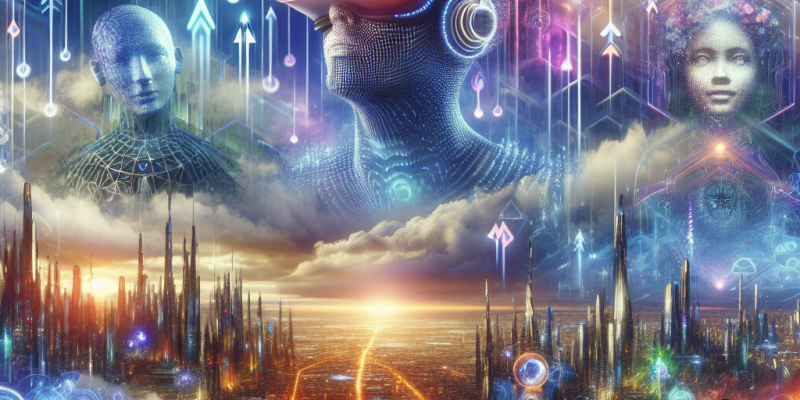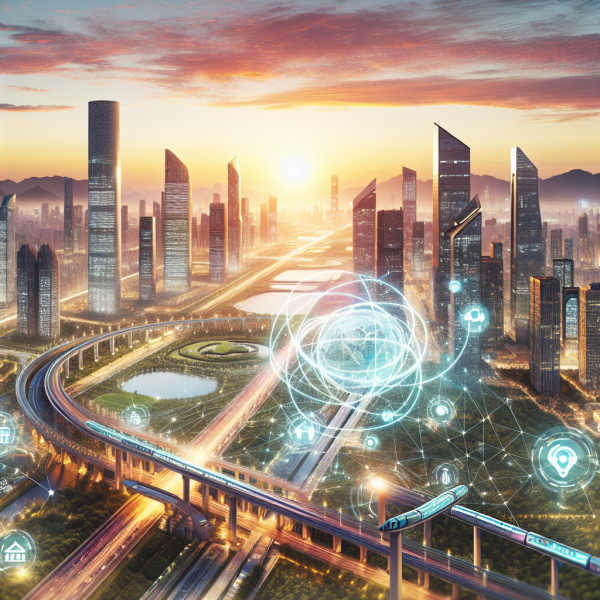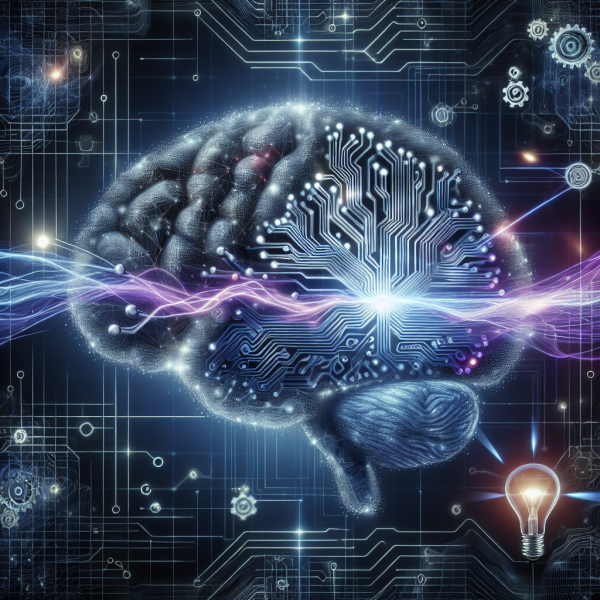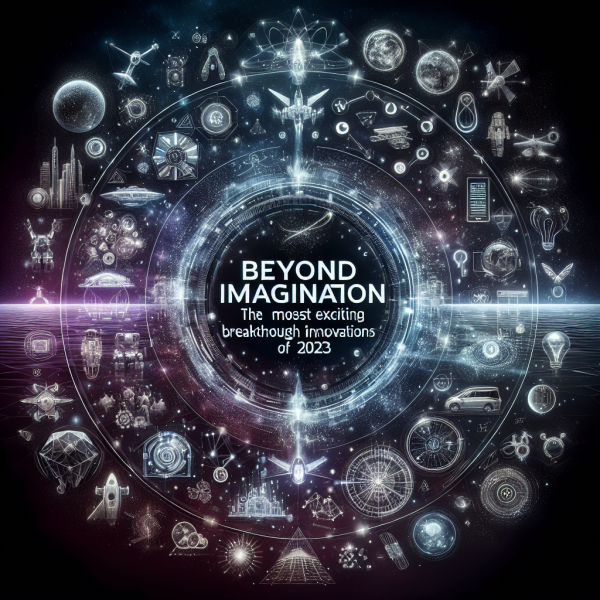The Metaverse Revolution: Exploring Virtual Realities and Their Societal Impact

In recent years, discussions surrounding the concept of the Metaverse have gained tremendous momentum, transforming it from a niche curiosity within tech circles to a paradigm-shifting frontier that promises to reshape our social, economic, and cultural landscapes. Encompassing a vast array of technologies—virtual reality (VR), augmented reality (AR), mixed reality (MR), and blockchain—the Metaverse invites users into immersive digital realms where they can interact, work, play, and socialize in ways once confined to the realm of science fiction.
Defining the Metaverse
At its core, the Metaverse is an interconnected network of 3D virtual environments, where users can interact with each other and with digital assets in real time. It transcends traditional boundaries of the internet, offering a persistent, shared space that exists independently of individual sessions. Current iterations of the Metaverse can be seen in popular virtual worlds like Roblox, Fortnite, and Decentraland, where users create, explore, and curate unique experiences.
The Technological Infrastructure Behind the Metaverse
To appreciate the potential of the Metaverse, we must examine the technologies that power it. Virtual reality headsets—such as those produced by Meta (formerly Facebook), HTC Vive, and Sony’s PlayStation VR—provide users with rich, immersive experiences, while augmented reality applications overlay digital information onto the physical world through smartphones or AR glasses. Blockchain technology adds a layer of ownership, granting users the ability to buy, sell, and trade virtual items securely and transparently.
The convergence of these technologies creates dynamic ecosystems, enabling everything from virtual real estate investments to attending live concerts in a digital arena—transforming how we engage with entertainment, commerce, and social connections.
Societal Impact: Opportunities and Challenges
While the Metaverse presents exciting opportunities, it also poses substantial challenges, from privacy concerns to economic inequities. Here, we explore some of the pivotal societal impacts of the Metaverse revolution.
1. Transforming Social Interactions
As the pandemic has shown, virtual interactions are becoming increasingly prevalent. The Metaverse promises to enrich these experiences by facilitating more nuanced social engagements. Users can create customized avatars to express their identities and participate in communal activities, from virtual gaming festivals to digital art exhibitions. As users from diverse backgrounds converge in these virtual spaces, cultural exchange may flourish, leading to broader understanding and acceptance.
However, this digital socialization carries the risk of exacerbating social isolation, as real-world interactions might diminish. The authenticity of relationships formed in virtual environments may also be questioned. As society navigates these complex dynamics, it will be critical to cultivate balance—ensuring that virtual connections augment, rather than replace, real-world engagement.
2. The Future of Work
The profound implications of the Metaverse on the workplace cannot be overlooked. Remote work trends have accelerated the adoption of collaborative tools, and the Metaverse stands to revolutionize this landscape. Imagine attending virtual meetings in immersive conference rooms or working alongside holographic colleagues from different corners of the globe. Companies like Microsoft and Meta are already exploring spatial computing and virtual collaboration tools, ushering in a new era of team dynamics.
However, this shift could further entrench disparities in access to technology. People in under-resourced communities or regions with limited internet infrastructure may struggle to keep pace with these changes, exacerbating existing inequalities.
3. Economic Opportunities
The Metaverse is expected to create entirely new economic ecosystems—virtual economies with jobs, services, and products unique to digital environments. Creators can monetize their skills in ways that extend beyond physical limitations, opening avenues for artists, developers, and entrepreneurs. The rise of non-fungible tokens (NFTs) has demonstrated how digital collectibility can translate into real-world value, further blurring the lines between digital and tangible economies.
Despite the promise of new opportunities, potential pitfalls exist. The speculative nature of many virtual real estate investments and the volatility of cryptocurrency markets could lead to financial harm without proper regulation and education. Building a sustainable, equitable economy within the Metaverse will require thoughtful consideration of these complexities.
4. Ethical and Privacy Considerations
As we begin to integrate the Metaverse into our daily lives, ethical concerns around privacy, data security, and user consent take center stage. Immersive experiences often rely on collecting vast amounts of data—from biometric information to behavioral patterns. This raises questions about who owns this data, how it is used, and the safeguards in place to protect vulnerable populations.
Creating a robust ethical framework that prioritizes users’ rights and well-being will be paramount as the Metaverse evolves. Policymakers, technologists, and community advocates must collaborate to ensure that digital experiences are not only innovative but also safe and inclusive.
Conclusion: Embracing a New Frontier
The Metaverse presents an exciting and complex landscape, rich with possibilities for connectivity, creativity, and economic growth. However, as we stand on the precipice of this digital frontier, we must approach its implementation with thoughtful consideration for the societal implications it holds. By fostering inclusivity, addressing ethical concerns, and balancing virtual and physical interactions, we can harness the Metaverse revolution to enrich human experiences and create a more connected global society.
As we navigate this uncharted territory, our collective choices will ultimately shape the Metaverse into a realm that reflects our values, aspirations, and commitment to a better future. Welcome to the revolution.














